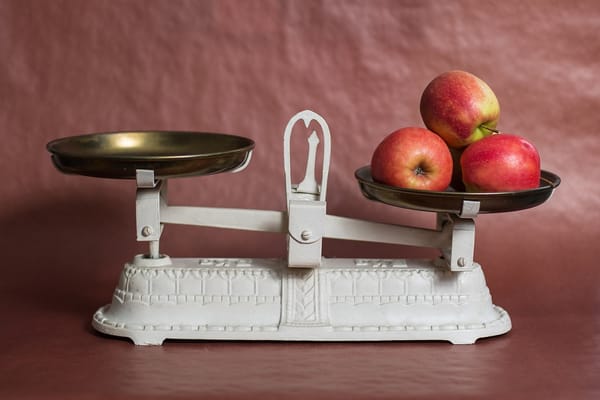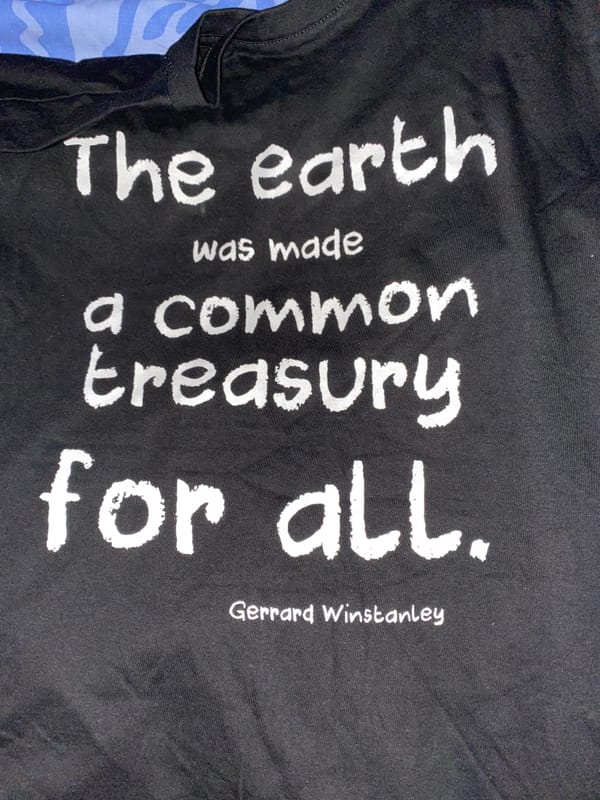What next?

How do we build a better world?
If you’ve been reading Green Plenty for a while you will definitely know that I advocate for restructuring society so it meets human needs first and puts the idiocy of profit seeking in the bin where it belongs. See the articles on Capitalism, No Plan for Utopia, Cradle to the Grave, The Six Pillars of Human Happiness, and of course the original Green Plenty article.
There’s also the dangerous story where people point to the enormous human suffering caused by capitalism’s fake scarcity and blame it on things like overpopulation. This is dangerous because it leads to allowing people to die in areas racists have labelled overpopulated. It’s funny how the folks who have to die are poor, have brown skin, and live in the global south when the lion’s share of the resource wasting happens in the prosperous north, isn’t it? Of course, the more violent racists are happy with murder anyway. False scarcity creates this mindset. Us and them thinking destroys the common human solidarity that should exist between people everywhere. An implacable universe will eventually kill us all, and if the individually weak beings that call themselves human don't work together we're in trouble.
I made the point about restructuring at a meeting about what’s happening in Gaza a few weeks ago. Most folks agreed with it, but then you have the thorny question of how and what do we do right now?
Some historical context
If you look back at the founding of the NHS it seems almost magical in hindsight. In a few years there was a national service that gave care to everyone who needed it without charging them. The untold story is that many of the hospitals and doctors were already being paid for out of mutual funds and insurance from the trade unions and cooperatives. Working people had already taken steps to gain the care they needed to survive. It still survives in the names of some of the institutions, they often have free in the name. There was cooperative housing, shops, and all sorts of things that helped people in the days when there were no benefits. The building societies that Thatcher's venal crew helped turn into banks were founded on the principal of savings being used to create mutual aid, the profits from mortgages and loans being shared back with savers rather than share holders. We have a collective amnesia about this, we've been told the current devil take the hindmost society we live in has always been this way, this simply isn't true. When people work together they can achieve great things to help each other, and they don't need permission from some posh parasite to do so either.
Whither change?
If we go cap in hand to our owners to fund the things we need they will tell us to cook and eat the cap so we'll be back to tugging our forelock in lieu of having a cap. They're far too busy breaking everything so it will funnel money into their pockets while our hungry bellies flap against our spines. Why would they help with remaking the world in a way that undermines their control over how the rest of us live? There’s also the sore point that government funds these days are only called into existence when they can create a smoke screen to rob the public purse. The flow of wealth in the last decade or more has been to the rich. Local governments have been pauperised while the demands placed on them to deliver services are unchanged. Austerity has already killed over 300,000 people before we even count the roughly 200,000 killed by Covid incompetence.
So we must find our own funds and create independent organisations that can’t be controlled or co-opted and don’t rely on the limited largesse of people who want to control and sabotage us. There are already lots of useful laws around cooperatives that can be used. We need Health centres, libraries, hospitals, social care - the things we need that shouldn’t be making a profit for private companies. We need localised Green power bringing down costs. We need these things to be controlled by the people that need them, and funded by them too, so no stone hearted creep can steal them from us again.
These organisations need to be fully transparent, have sensible salary ratios between the lowest and highest paid, and be accountable to the people who use the services they provide. If we want a better world we have to build it. The post-war consensus was built on an economy growing like a hot house flower after the damaged caused by the war itself, the resources came from a government that wasn't afraid of high taxes that forced investment needed to get the economy off its knees. We also benefitted hugely from the supping from the dregs of the end of the empire. Things changed when the limits were reached and the global economy started to stutter in the late 1970s. We've seen 50 years of all the gains made in the post-war period being undermined and sold off with hardly any questioning of it. We were trained to wait with our hands out, like Oliver Twist, and accept whatever our betters would deem fit for us. It worked when there was enough slack, but when capitalism came under strain due to its own internal contradictions things changed. This way of thinking has to go.
Community Interest Companies (CICs) are quite popular in some of these settings. The problem is, they are still limited companies, they have shares, and they can be bought if they struggle to keep going. Then the new owners use them to channel consultancy fees instead of delivering the service they were supposed to. I have read that this is a problem in the NHS, where the workers in a given hospital set up a CIC to bid on the contracts for the work they were already doing, won the contract, and then got shafted anyway because the contracts were cuts in disguise and not enough to fund the services properly in the first place.
What to do right now?
If you have access to local government funds there is a lot you can do to help build the local economy. In the book Paint your Town Red the authors detail how they took steps to keep the money they had to spend as a council and keep it in the local economy instead of going to London-based companies, encouraging the growth of local co-op based companies by spending with them first, for example. There is a lot to learn from the Preston Model but it's only a start.
In essence thinking investment instead of spending. A common model is to fund the salary of case workers for a project for a couple of years. Instead we need to think about doing this sustainably from the first, priming a pump that creates resources that can pay the salaries whatever happens. This means a change of funding arrangements doesn't stop communities getting the things they need. This approach is much harder than putting a couple of people on the payroll and giving them a desk to sit at, but ultimately much more lasting.
There are other avenues to build what we need from the post-Thatcher rubble. For example where I live in Birkenhead we could create some kind of mutual bond that funds things our owners no longer care to, for example swimming pools and libraries. This would help keep assets given over to the community alive. The funding and management of these organisations would have to be fully transparent and accountable. It also means the better off can help the less well off without the stigma of charity.
Building alternatives
It boils down to money. Mutual associations and the old-fashioned building societies where ordinary people can each use their own power of one to save and help others may have all been sold off in a frenzy in the 1980s but that doesn't mean we can't resurrect them again. If you look at how the billionaire Warren Buffet built his fortune he bought an insurance company first, people pay for insurance and most of the time the company keeps the money. Buffet used the income from the insurance company to fund his other businesses. If enough people band together we can do the same thing. Similarly we can start working with credit unions, we can create housing co-ops to restore and rent properties at reasonable rents. All this requires is people with the time and the will to do it.
The other thing that needs to be understood is that the things we build are open to anyone who needs them. We need they are us to be a founding principle.
Doing this is going to be hard work, there will be setbacks and stories of silliness and greed as with any human endeavour. It will be boring at times.
Yes, the revolution is boring. Good.




